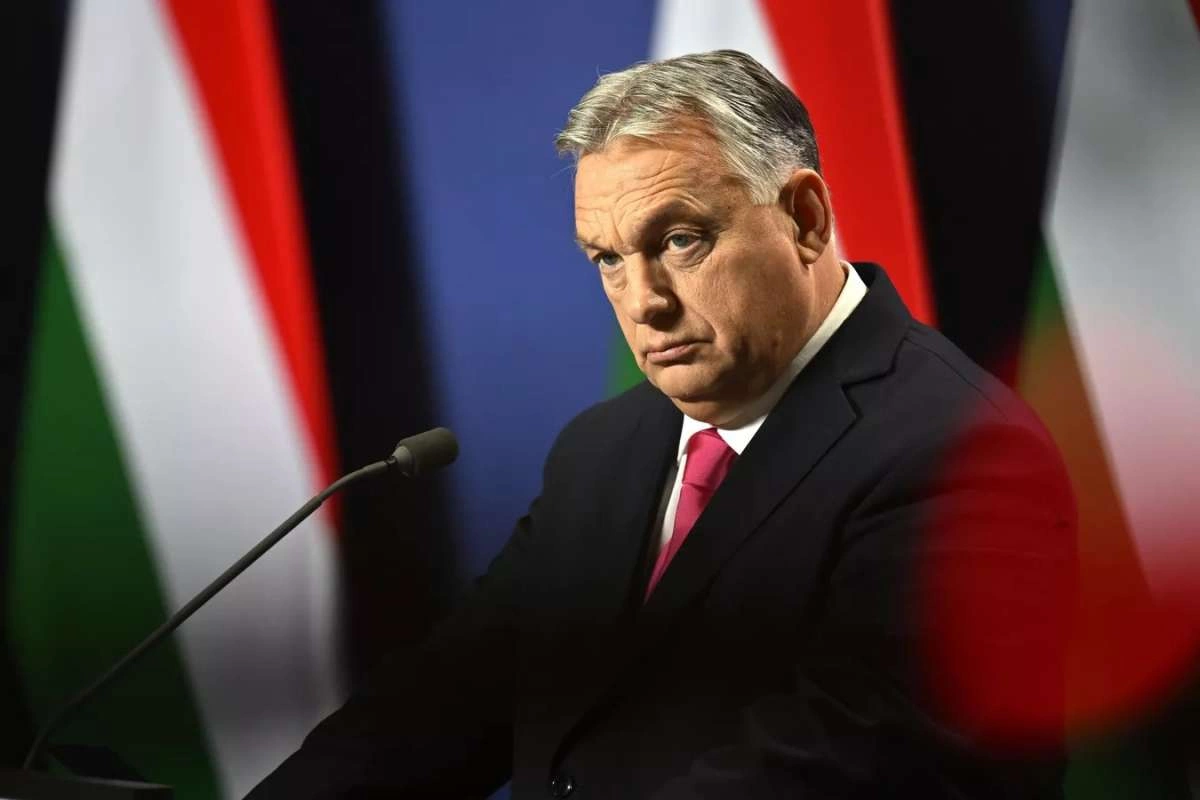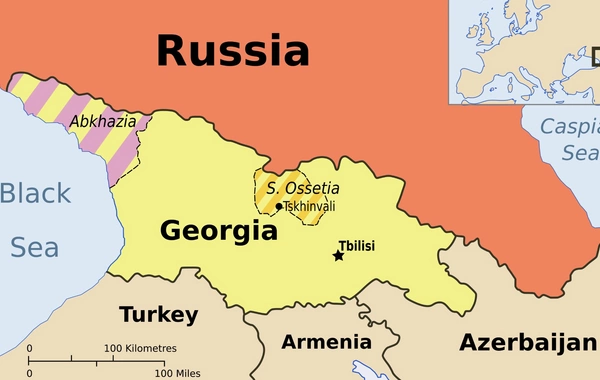
His visits to Georgia, Austria, and the anticipated participation in the meeting of the Council of Heads of State of the Organization of Turkic States in Kyrgyzstan have become symbolic moves, underscoring his aspiration to create a new conservative alliance that counters dominant Western approaches.
In recent months, Viktor Orban has increasingly positioned himself as a politician ready to challenge established doctrines and deeply ingrained Western European perspectives. His actions spark mixed reactions, especially among supporters of the left-liberal mainstream.
Despite pressure and criticism, Orban is determined to strengthen ties with countries and political forces that share his vision of Europe, one rooted in sovereignty, national interests, and resistance to Brussels' dictates. His visits to Georgia, Austria, and the anticipated participation in the meeting of the Council of Heads of State of the Organization of Turkic States in Kyrgyzstan have become symbolic moves, underscoring his aspiration to create a new conservative alliance that counters dominant Western approaches.
After his peace mission earlier this summer, Viktor Orban once again found himself in the spotlight. Following the elections, the Hungarian Prime Minister not only visited Georgia but also openly voiced support for the ruling Georgian Dream party, which Western media accuses of corruption. He then visited another “black sheep” of Europe — Herbert Kickl, the leader of Austria’s Freedom Party, which won the elections but did not receive the mandate to form a government.
Together, they signed the Vienna Declaration, directly opposing modern European mainstream ideologies. The Western left-liberal elite is likely to be discontented when the Hungarian Prime Minister presents his stance at the meeting of the Council of Heads of State of the Organization of Turkic States in Bishkek, Kyrgyzstan, a visit expected in the near future.
Each of Orban’s three visits defies the prevailing Western political thought. His visit to Tbilisi signaled his rejection of the West's tendency to view the post-Soviet region solely through the lens of relations with Russia and the conflict in Ukraine, further deepening the East-West divide. Orban advocates for peace, an end to the war, and support for sovereign movements grounded in national interests.
Western mainstream, aiming for regime change in Georgia, disapproves of the pragmatic approach of Irakli Kobakhidze’s government toward the Russia-Ukraine conflict and its reluctance to open a second front against Russia.
Moreover, they are also uneasy about the close ties between Georgian Dream leaders and Orban's circle with Donald Trump and the Republicans, leading to sharp criticism, as Georgian and Hungarian parties maintain amicable relations.
In Vienna, Orban showed support for another ally — Herbert Kickl, which is logical given the recent formation of a new political group, “Patriots of Europe,” alongside Czech politician Andrej Babis. This group opposes Brussels' agenda and rejects modern concepts of the European Union's future.
The meeting in Vienna and the Vienna Declaration send a message to EU leaders: sovereignists, determined to reshape Europe’s course and reject the left-liberal direction, are gaining more support, winning elections, and solidifying their positions, which Brussels will have to acknowledge. The “Patriots” faction in the European Parliament opposes centralization, immigration policy, and the approach to the Ukraine conflict.
Hungary’s observer status in the Turkic Council also signals to the West that the Hungarian government is open to cooperation on various fronts and does not accept a global interpretation of relations as a dichotomy between democracy and dictatorship.
This diplomatic activity demonstrates Viktor Orban's ambition to leverage Hungary’s six-month presidency to expand its maneuvering space and enhance its prestige. Orban champions policies based on national interests, and through his actions, he seeks to strengthen the conservative camp. Already a prominent figure in this political direction, he seems poised to lead it.
Despite Hungary's relatively small role on the global stage, possible obstacles to this ambitious plan include domestic political and economic challenges, as well as growing opposition. Orban’s persona is polarizing not only in Europe but also within Hungary.
Thus, these three visits appear logical and align with Orban’s ambitions. His proactive stance challenges the Western mainstream, further polarizing public opinion in Europe. Nevertheless, Orban does not shy away from contention and does not allow criticism to hinder his diplomatic activities. Brussels is disheartened that Orban is using his current presidency as a platform to advance his views.
Share on social media

His visits to Georgia, Austria, and the anticipated participation in the meeting of the Council of Heads of State of the Organization of Turkic States in Kyrgyzstan have become symbolic moves, underscoring his aspiration to create a new conservative alliance that counters dominant Western approaches.